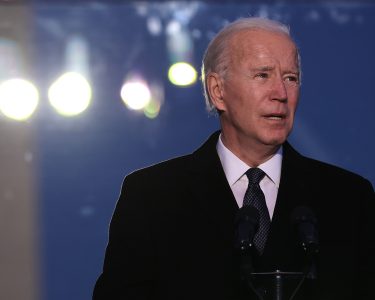International organizations have played a significant role in American politics for decades. These organizations are designed to promote cooperation and collaboration among nations on a range of issues, from economic development to global security. While some argue that international organizations infringe on American sovereignty, others see them as critical tools for addressing complex global challenges.
One of the most well-known international organizations is the United Nations (UN). Founded in 1945 after World War II, the UN was established to promote peace and international cooperation. The US has been a member of the UN since its inception and has played a leading role in shaping the organization’s policies and initiatives.
The US is also a member of numerous other international organizations, including the World Trade Organization (WTO), the International Monetary Fund (IMF), and the World Health Organization (WHO). These organizations are designed to promote economic development, financial stability, and global health, respectively.
Critics of international organizations often argue that they infringe on American sovereignty and undermine the country’s ability to make decisions independently. Some also argue that international organizations are not democratically accountable and may not represent the interests of the American people.
However, supporters of international organizations argue that they are critical for addressing global challenges that no single country can solve on its own. For example, the UN has played a critical role in addressing issues such as climate change, nuclear disarmament, and human rights abuses.
Furthermore, international organizations can provide a platform for the US to work with other countries to achieve common goals. For example, the WTO has helped to reduce trade barriers and promote economic growth, while the IMF has provided financial assistance to countries in need.
Despite the potential benefits of international organizations, there are also challenges to their effectiveness. One challenge is that international organizations often rely on voluntary compliance from member states, and some countries may be reluctant to adhere to the rules and policies set forth by these organizations.
Additionally, the decision-making process within international organizations can be slow and cumbersome, which can hinder their ability to respond quickly to emerging issues.
In conclusion, international organizations have played a significant role in American politics and have helped to address some of the world’s most pressing challenges. While there are valid concerns about their effectiveness and impact on American sovereignty, the benefits of international cooperation and collaboration cannot be overlooked. As the world becomes increasingly interconnected, it is likely that international organizations will continue to play a critical role in shaping American politics and the global community as a whole.




